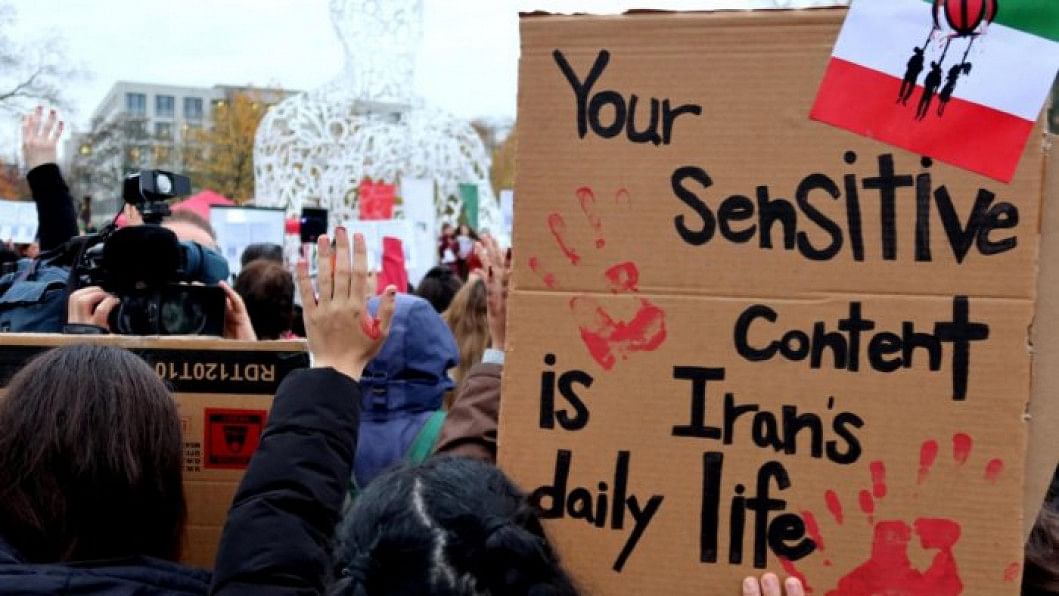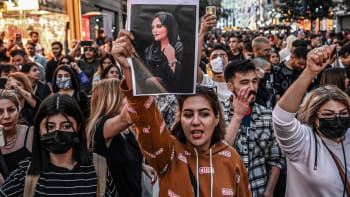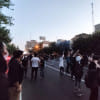DS View: Iran’s ‘disbanding of its morality police’ seems too good to be true – and so it may be

Iran's attorney general, Mohammad Jafar Montazeri, said at a religious conference on November 4 that, "The morality police had nothing to do with the judiciary and have been shut down from where they were set up." He also reportedly said that the law which mandates women to wear the hijab would be "looked at."
This is, no doubt, a welcome and quite unprecedented statement to come from someone in a highly powerful position in a country where a minimum of 326 protestors have been killed over the past few months, according to the Iran Human Rights NGO (IHRNGO) in Norway. However, there are certain nuances to this news which are not being addressed by most news outlets as of yet.
The ongoing protests – which began in September, sparked by the death of Mahsa Amini (who was arrested for "improperly" wearing her hijab) in custody – are directed against the so-called morality police of Iran, which reports to the nation's interior ministry and to its supreme leader, Ayatollah Ali Khamenei. And understanding this is key to realising that the attorney general's statement is nowhere near being the absolute win that most international media outlets have been declaring it to be. Many independent sources have in turn pointed out that control of the morality police (a vice squad under Iran's police force) lies in the hands of the interior ministry, not the judiciary.
The activities of the morality police, the mandatory dress code for women, the arrests for not adhering to the latter – these are all part of an oppressive yet intricate system, built up over decades by the Islamic Republic of Iran. We congratulate the protesters fighting on the streets for nearly three months for their incredible grit. But we also hope that the reporting on this crucial and historically significant movement will be carried out in a more informed manner going forward. Just as the Iran protests – a movement against mandatory hijab and the regime's misogynist and discriminatory policies against women – cannot be diluted to being simply an "anti-hijab" movement, we must also wait and see what visible changes Montazeri's statement possibly sets off within the country's notoriously oppressive regime.

 For all latest news, follow The Daily Star's Google News channel.
For all latest news, follow The Daily Star's Google News channel. 










Comments